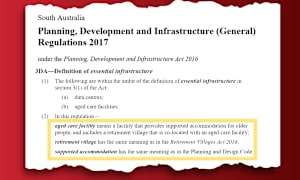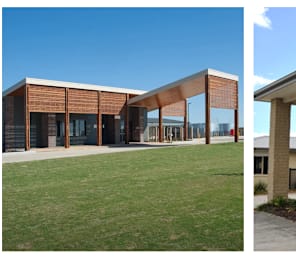Australia's reliance on the generosity of unpaid carers is under threat, as demographic changes mean there will be fewer friends and family available to provide unpaid care in the future, says leading Canadian geriatrician and policy advisor Dr Samir Sinha
There were 1.2 million primary carers in Australia in 2022, up from 861,600 in 2018. Most, though not all, of those carers looked after people aged 65 years or over.
“Changing family arrangements, fewer children, and increasingly living further apart means that, without change, in 20 years’ time there will be 30% fewer available family members available to provide unpaid care,” warns Dr Sinha, Director of Geriatrics at Toronto’s Sinai Health System and University Health Network, and Director of Health Policy Research at Canada’s National Institute on Ageing (NIA).
To maintain the current level of unpaid care delivered by family members in Canada by 2050, family members will need to increase their efforts by at least 40%, a study by the NIA has found.
Col Blake, 78, cares for his wife Shirley, also 78, who was diagnosed with Alzheimer’s eight years ago. The couple live in the Sydney seaside suburb of Clovelly, and continue to live a full life, such as becoming members of the Memory Lane Choir.
Col says caring for a loved one living with dementia is hard work and many don't have the empathy for it.
“Shirley cared for me and our four children for more than 40 years, so the way I look at it, this is our time to provide her with care. It’s time to give back,” he said.
Dr Sinha said, “Government policies need to improve [carers'] financial security – both by direct payments and more flexible workplace conditions – practical assistance in the home, education and respite opportunities."
Dr Sinha will talk on the disappearing unpaid carer workforce at the biennial International Dementia Conference, run by HammondCare's The Dementia Centre, at the Sydney Hilton on September 5-6.










